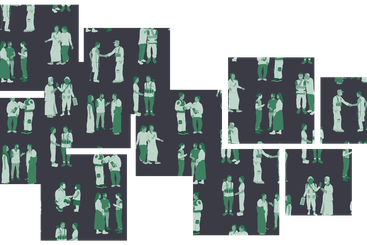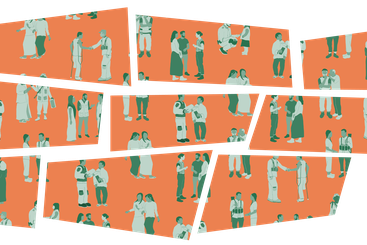Community engagement, protection and peace
The increasing number of armed conflicts and range of armed actors present challenges for actors seeking to prevent and respond to violence, coercion or the deliberate deprivation of people affected.
Civilian communities are not passive actors in these conflicts. Their interaction with armed actors is complex, ambiguous and changes over time. Their engagement is often below the radar and can take place before any recognised mediation or negotiation processes. Civilian communities in conflict areas can have high levels of interest, legitimacy and access in seeking to mitigate violence. Often at a local level, local culture, values, social and customary norms, tradition and religion can matter more than formal norms when mitigating threats of violence. It is therefore essential to better understand interactions between communities and armed actors, to build successful dialogue towards community self-protection efforts.
This project seeks to better understand communities’ agency in engaging with armed actors to advance their self-protection, and to identify the strategies and factors that contribute to (or undermine) successful self-protection strategies. We will also explore the implications for humanitarian protection and peace-building actors: how they can support successful dialogue and community self-protection efforts, and actively avoid undermining such engagement. The project will explore opportunities, challenges and risks to support community engagement efforts, as well as opportunities and challenges to strengthen approaches between peace-building and protection actors.
Project team
View all-

Latest work
Event recap: Community engagement with armed actors -

Latest work
Community engagement with armed actors in South Sudan: reducing violence and protection risks -

Latest work
Community engagement with armed actors in the Central African Republic: preventing and reducing protection risks and violence


